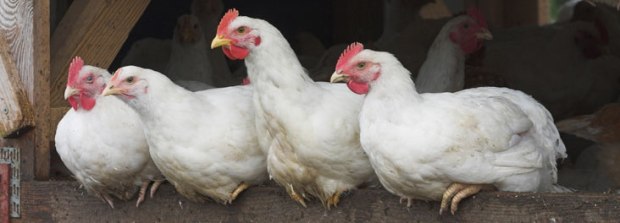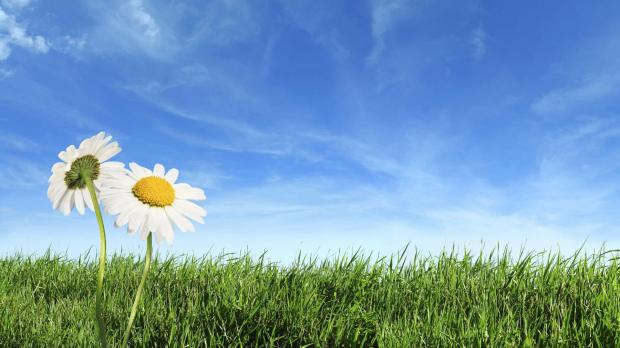The act of raising animals for food ought to be bucolic; the killing aside the act is truly peaceful if done ethically. Even the act of killing ought not cause suffering. To live self-sufficiently both acts are necessary; necessary in the case that eating meat is necessary.
The packaged product in grocery stores around the world does not, however, do justice to the corporate acts of greed and malice that cause so much pain and misery to the animals that we eat all the while creating the illusion of peaceful farms on hillsides.
If there were justice in the world, then each and every person who puts a piece of meat in their mouth ought to be walked through a CAFO, a commercial egg production barn or be a part of raising and “processing” the commercial meat birds that make up most of our Sunday chicken dinners.
These are not acts of farmers raising animals for food. Tyson, Purdue and many other “food producers” are liars and snake oil salesmen. They cause and create pain and misery; they do so in the name of profit and capitalism as do the “farmers” who allow themselves to be slaves to such monsters.
Trying to raise meat chickens, all of this comes to a head when the birds, genetically bred specifically for meat, become ill, cannot grow feathers fast enough to keep up with their ever-growing bodies, and cannot walk because of genetic defects in their legs.
Grow a tomato and start a revolution.
Be as ethical as possible and truly change the world.
But first, we must give up the illusions and the easy answers.
Be revolutionary; be ethical.





